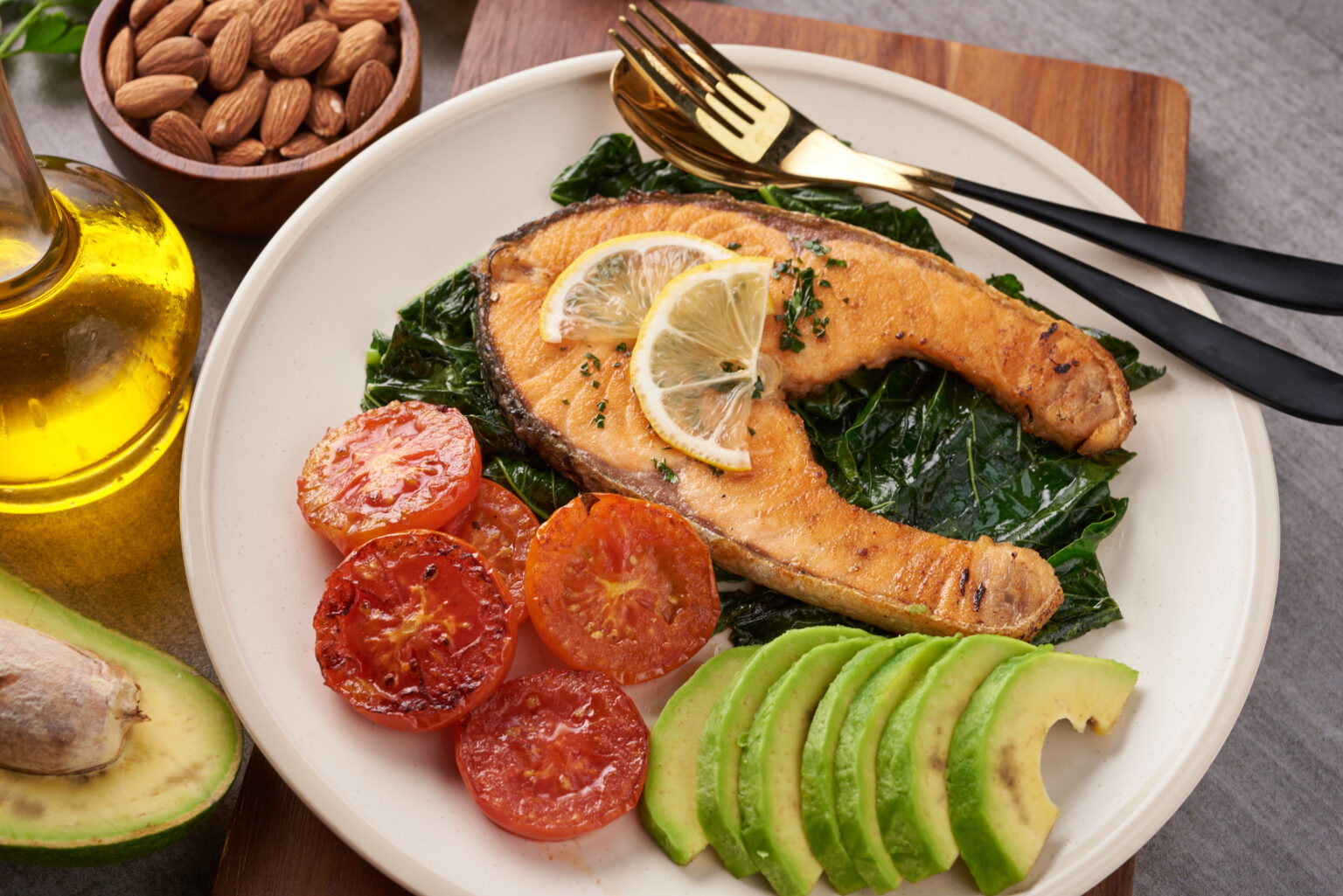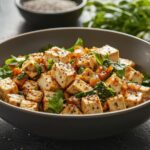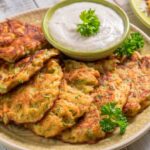A balanced diet is crucial for maintaining optimal health and well-being. One dietary approach gaining popularity is the pescatarian diet, which focuses on plant-based foods and includes seafood as the primary source of animal protein. This dietary choice offers numerous benefits, one of which is the abundance of omega-3 fatty acids. These essential nutrients play a vital role in supporting various bodily functions and have been associated with numerous health benefits. In this article, we will explore the importance of omega-3 fatty acids in a pescatarian diet and highlight some of the best food sources to include.
Omega-3 fatty acids are a group of polyunsaturated fats that are crucial for our overall health. There are three main types of omega-3 fatty acids: alpha-linolenic acid (ALA), eicosapentaenoic acid (EPA), and docosahexaenoic acid (DHA). While ALA is found in plant-based sources, EPA and DHA are primarily found in seafood and fish.
One of the key benefits of omega-3 fatty acids is their role in reducing inflammation in the body. Chronic inflammation has been linked to various health conditions, including heart disease, arthritis, and certain types of cancer. Omega-3 fatty acids help to balance the body’s inflammatory response, promoting overall wellness.
Omega-3 fatty acids are also essential for brain health and cognitive function. DHA, in particular, is a major structural component of the brain and plays a crucial role in its development and function. Adequate intake of omega-3 fatty acids has been associated with improved memory, focus, and a reduced risk of age-related cognitive decline.
Furthermore, omega-3 fatty acids have been shown to support heart health. They help to reduce triglyceride levels, lower blood pressure, prevent the formation of blood clots, and improve overall cardiovascular function. Studies have also suggested that regular consumption of omega-3 fatty acids may reduce the risk of heart disease and stroke.
For pescatarians, incorporating omega-3-rich foods into their diet is relatively easy due to the abundance of seafood options available. Here are some excellent sources of omega-3 fatty acids for pescatarians to include:
- Fatty Fish: Fatty fish like salmon, trout, mackerel, sardines, and herring are some of the best sources of EPA and DHA. Including these fish in your diet at least twice a week can provide a substantial amount of omega-3 fatty acids.
- Shellfish: Shellfish such as oysters, mussels, and shrimp are also good sources of omega-3 fatty acids, albeit in slightly lower quantities compared to fatty fish.
- Seaweed: Seaweed and algae are unique plant-based sources of DHA, making them an excellent option for pescatarians who prefer to minimize their consumption of animal products.
- Chia Seeds: Chia seeds are a plant-based source of omega-3 fatty acids, specifically ALA. They can be easily incorporated into meals by adding them to smoothies, yogurt, or oatmeal.
- Flaxseeds: Flaxseeds are another plant-based source of ALA. They can be ground and added to cereals, baked goods, or used as an egg substitute in recipes.
- Walnuts: Walnuts are a delicious and convenient plant-based source of omega-3 fatty acids. They can be enjoyed as a snack, added to salads, or used in baking.
While the aforementioned foods are excellent sources of omega-3 fatty acids, it’s essential to note that certain factors such as the quality and origin of the seafood can influence the omega-3 content. Opting for sustainably sourced fish and seafood can ensure that you are consuming the highest quality omega-3 fatty acids while supporting sustainable fishing practices.
Omega-3 fatty acids are an essential component of a pescatarian diet, offering a wide range of health benefits. Incorporating omega-3-rich foods like fatty fish, shellfish, seaweed, chia seeds, flaxseeds, and walnuts into your meals can help promote optimal brain function, reduce inflammation, and support heart health. By embracing a pescatarian diet and making conscious choices about the food sources, individuals can ensure an adequate intake of omega-3 fatty acids while enjoying the benefits of a diverse and sustainable dietary approach.








